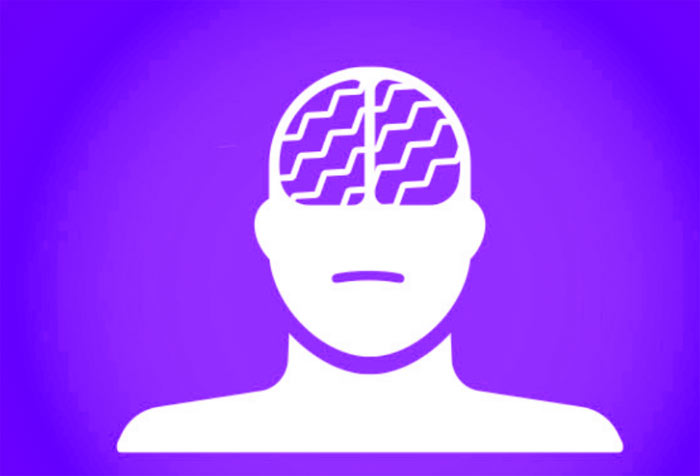When the holidays are over and you feel a bit tired and very full in the stomach, the first and foremost wish would be to draw the line and begin afresh. No wonder then that so many resolutions made on New Year are related to health – observing diets, working out regularly, giving up unhealthy habits. They are quite typical, but if you set about resolution-setting seriously, it may also prove to be a good boost for the brain, both mentally and physically.

As you sense stress or burn-out about to cloud your mind – or there’s even no need to wait until these overcome you – just make a pause. You may have grown accustomed to continuous browsing and solving and making decisions, so pausing your brain seems to be a bad idea, since it slows down the mental processes. Actually, it is beneficial for your mind to stop because a few minutes‘ rest will serve to improve the speed and concentration when you resume working.
If you appreciate the restart, you can adopt the 5×5 method by which you pause your brain for rest for about 5 minutes 5 times every day. Believe that it will be grateful to you for taking care of his well-being instead of driving it relentlessly.
Look around for an engrossing occupation
Those whose brain functions properly know the main characteristics of the process: novelty, variety, periodic teasers, and the rewarding feeling at the end. Should you happen to repeat the same activity from day to day, you really get very efficient in this activity, but apart from that, it is not the ideal way to improve your mind.
Far more developing will be activities that are new to your habitual way of thinking. If you are aimed at improving your mind and keeping your brain alert, you will overstep the bounds and take up new challenges – cast about for some unfamiliar skills, hobbies, learn to play the saxophone or the xylophone.
Don’t let your gadgets get the better of you

You know how your phone demands attention and distracts you (and your brain) by an endless stream of calls, messages and notifications. A study published in the Journal of the Association for Consumer Research 2 years ago said that smartphones provide disctraction even when they are not in use. Although the amount of cognitive disruption actually hangs on how you use your gadgets.
All our electronic „helpers“ are of course very useful for us, but much depends on how we employ them. As we get in touch with our contacts and exchange valuable information, our brain is feeding and working, while scrolling for news and posts sends the brain to sleep by its sheer dullness. So if you have reasons to complain of poorer concentration, revise your use of smartphones and make a point of turning them off when you need most brainpower.
All this multitasking we hear so much about is actually harmful for the brain. As you are spreading yourself thin on multitasking, your cognitive processes slow down, productivity drops, which is detrimental for brain health, not only checking your phone all the time while working or talking to your family members.
Aerobic classes add to brain health
Exercising is known to be good for cognitive processes, including aerobic exercise, as was shown in last year’s study – it improves mental functions in people suffering from, or displaying high risk of, Alzheimer’s disease. Also, doing aerobics is conducive tot he brain growing new cells.
With people of mellow age (over 50) aerobics is known to help develop hippocampus (which is an important area for memory functions) in a matter of about half a year. It turns out that as the participants grow more fit physically, and their hippocampus gets bigger, their memory shows signs of improvement.
Allot more time to socializing

Social functions, even simple ones like sharing a cup of tea or a can of beer with a neighbor, joining clubs and doing social work, all that proves to be very useful for the brain. Individuals over 50 who lead active social lives are far less likely to register memory loss. Studies reveal that gregarious participants of 87 or so years of age manifest 55% decrease of the risk of developing minor cognitive disabilities.
Travel
A vacation or a touristic journey are beneficent for the brain? Very much so. As we working people are all stressed and have to take measures to cope with stress, vacations go a great way towards relieving tension. Apart from taking a much-needed break from routine, travelling provides an excellent stimulation as we view a different life going on around us. The brain becomes observant and switches on associations and other means to grasp the realities of a foreign country.
As for the other ways of keeping your brain healthy, there are some you already know as very healthy in general: sleeping enough, eating well and healthy, cutting down on sugar and alcohol.










